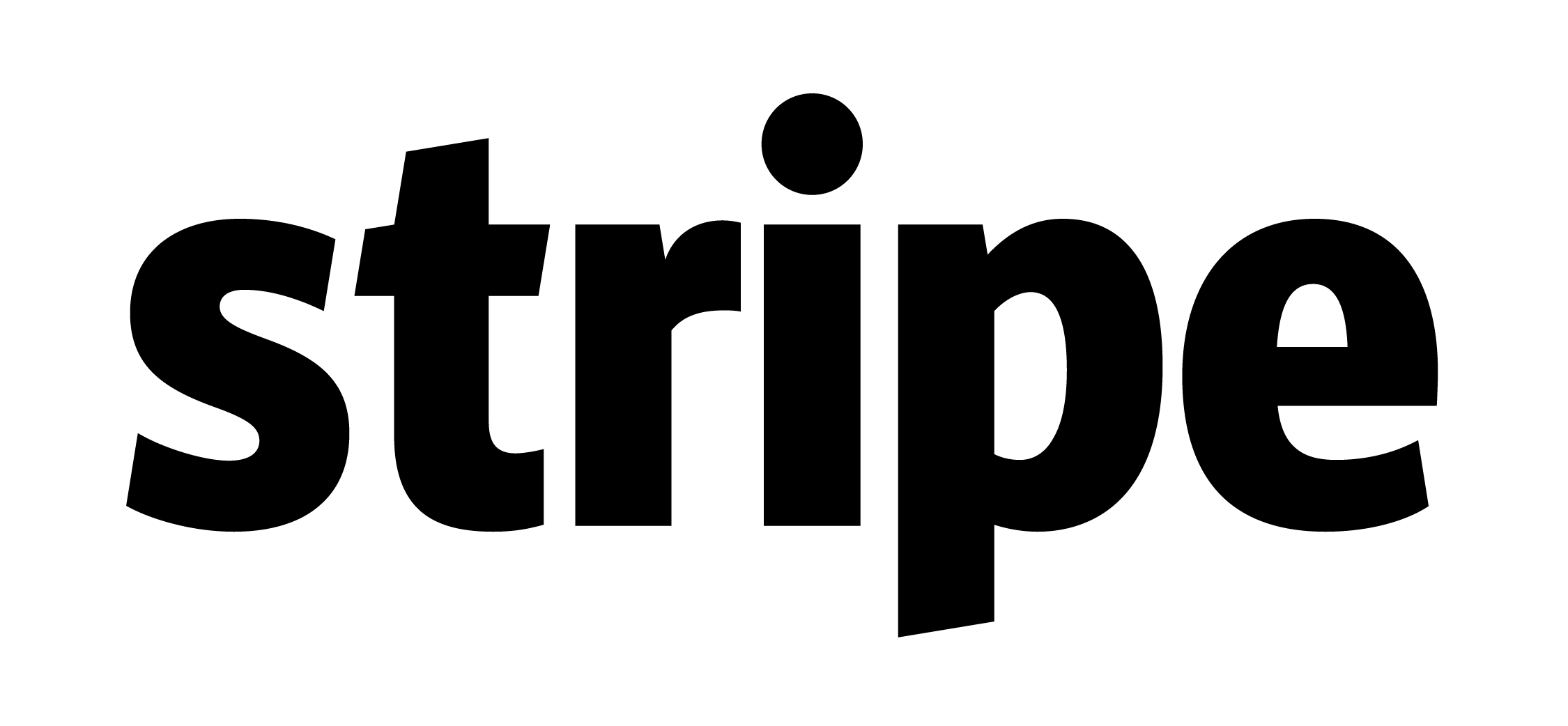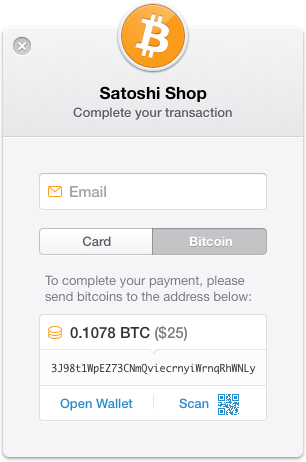Online Payment Platform Stripe Now Supports Bitcoin
Stripe is adding Bitcoin to its list of payment options.
Stripe announced Bitcoin support (as a beta test) in March 2014, with 60 countries trying out the new payment. Stripe users who want to add Bitcoin payments can either put in a short line of code to their Checkout platform, or create the Bitcoin payment process to cater to their programming language.
Either way, both methods require the Stripe user to determine the amount required for each payment in U.S. dollars, and then the program converts that amount to the buyer in bitcoin currency, or BTC.
Stripe then creates a wrapper called BitcoinReceiver, which provides a virtual location where buyers place their payment. Once the right amount of BTC is pushed to the BitcoinReceiver, the seller can then charge the payment. Stripe makes money from the transaction by taking 0.5 percent of each successful Bitcoin transfer.
Stripe is already a major player in the online payments market by providing payment platforms for sites such as Kickstarter, Lyft, Squarespace and Humble Bundle. The reason for the company's success is that its solution is easy to implement on most programming languages, with libraries for each language as well as full API support.
Stripe also provides its own simple program called Checkout for those who don't want to go through the hassle of programming their own payment workflow. Regardless of the approach, Stripe provides online shopkeepers with an easy method of accepting payments.
Bitcoin is slowly gaining ground in the online marketplace. TigerDirect adopted it in January 2014, and Dell joined the wave a few months later in July. CNN Money even created a new quote page for Bitcoin for traders to keep track of the new currency in September of the same year.
Get Tom's Hardware's best news and in-depth reviews, straight to your inbox.
However, Bitcoin has also had its share of misfortunes. In February 2014, MtGox, one of the biggest Bitcoin exchanges, lost track of about 850,000 coins worth $500 million. A recent investigation by the hacker group WizSec suggests that the MtGox collapse was the work of a bot called "Willy," which used multiple accounts to buy large amounts of coins. It seems that Willy's intent was not merely absconding with large amounts of bitcoins; the thrust may have been the potential to manipulate the market.
Another incident involved the recent shutdown of Silk Road by federal agents. The website, which primarily used bitcoins to buy and sell illegal drugs, was operated by Ross Ulbricht, who was convicted of owning and operating Silk Road. Ulbricht's computer was also seized, and it contained 144,336 bitcoins ($35 million). In January, a judge ordered an auction of Ulbricht's bitcoins to be held on March 5.
Even with the ups and downs of bitcoins, the currency has managed to survive and make its way to more legitimate online businesses. Having Stripe adopt the currency as an alternate source of payment opens doors for the currency because of Stripe's large client base.
The concept of bitcoins is still difficult to understand for some, but fortunately we have a comprehensive guide for future bitcoin miners. It might be a while until bitcoins become an even more widely accepted form of currency, but Stripe's support is a sign that it's gaining traction among online businesses.
Follow Rexly Peñaflorida II @Heirdeux. Follow us @tomshardware, on Facebook and on Google+.
Rexly Peñaflorida is a freelance writer for Tom's Hardware covering topics such as computer hardware, video games, and general technology news.

